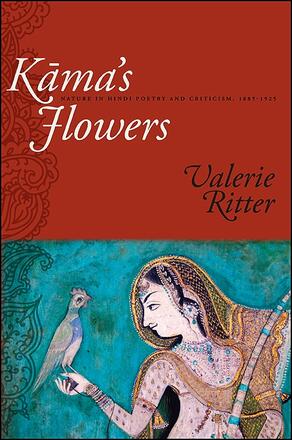
Kāma's Flowers
Nature in Hindi Poetry and Criticism, 1885-1925
Alternative formats available from:
Explores the transformation of Hindi poetry as it reflects a changing society during the period from 1885 to 1925.
Description
Kama's Flowers documents the transformation of Hindi poetry during the crucial period of 1885-1925. As Hindi was becoming a national language and Indian nationalism was emerging, Hindi authors articulated a North Indian version of modernity by reenvisioning nature. While their writing has previously been seen as an imitation of European Romanticism, Valerie Ritter shows its unique and particular function in North India. Description of the natural world recalled traditional poetics, particularly erotic and devotional poetics, but was now used to address sociopolitical concerns, as authors created literature to advocate for a "national character" and to address a growing audience of female readers.
Examining Hindi classics, translations from English poetry, literary criticism, and little-known popular works, Ritter combines translations with fresh literary analysis to show the pivotal role of nature in how modernity was understood. Bringing a new body of literature to English-language readers, Kama's Flowers also reveals the origins of an influential visual culture that resonates today in Bollywood cinema.
Valerie Ritter received her PhD in Asian Languages and Literature from the University of Washington and has taught at the University of Chicago and the University of Virginia.